Let’s Embrace Tourism Transformation with Insights from ESTF 2025
The prevalent tourism models prioritise short-term economic gain, often at the expense of environmental wellness, cultural preservation, and community well-being. These models rely on mass tourism, overexploitation of resources, and minimal reinvestment in ecosystem management. This makes destinations highly vulnerable to crises like climate change, susceptible to hostility by locals, conclave tourism, and long-term decline, with neglect of other tourism stakeholders. Examples of these tourism models include mass tourism, traditional luxury tourism, poor or unintegrated destination management, etc. Recent irresponsible tourist and driver-guide behaviour incidents in the Mara and Serengeti during the Wildebeest migration remind us why traditional models that chase short-term gain without responsibility are unsustainable.
How can we navigate today’s tourism landscape to ensure the natural and cultural resources we view as products are well-maintained and consumed? Can we ensure tourism development and benefits are distributed to relevant stakeholders? Does the tourism workforce enable or undermine visitor experience? Can we brace ourselves for all crises? Can we embrace environmental and socio-cultural management as well as profitability?
To explore this, Ecotourism Kenya hosted the Ecotourism Kenya Sustainable Tourism Forum 2025 (ESTF 2025), from the 13th to the 14th of June 2025 at Argyle Grand Hotel under the theme, ‘Transforming Tourism Models for Sustainable Impact & Resilience’. The forum engaged private and public partners; the Kenya Tourism Board, Tourism Promotion Fund and Intrepid Travel. The forum and exhibition brought together about 100 delegates, including accommodation providers, tour operators, tourism and environmental professionals, conservation organisations, civic groups, and government representatives for meaningful dialogue on how tourism can become more resilient and impactful. While barriers to adopting responsible practices remain, the discussions and case examples shared emphasised the need to expand outreach and sensitisation among tourism stakeholders, strongly implement laws, policies and codes of conduct and expand financing options to accelerate the shift toward sustainability.
The forum opened with keynote addresses by Dr. David Ong’are, Director of Compliance at the National Environment Management Authority and Mr. Jackson Kiplagat, Head of Conservation Programmes at WWF-Kenya, who set the tone for a candid reflection on the state of tourism.
We’ve captured insights from the discussions in a report.
ESTF 2025 Report: Public Summary
The ESTF 2025 Report; Members’ Edition is a comprehensive report exclusive to members and event delegates.

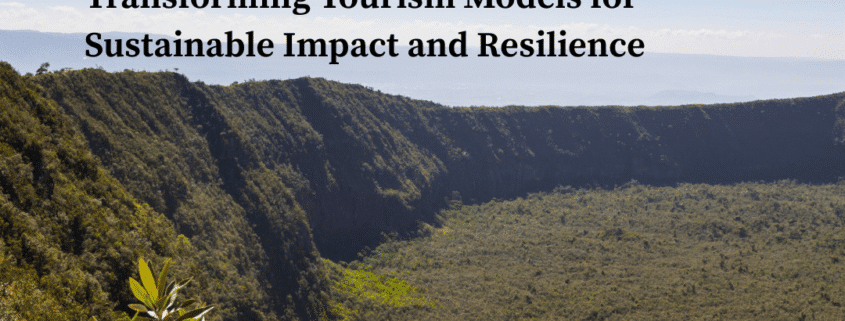

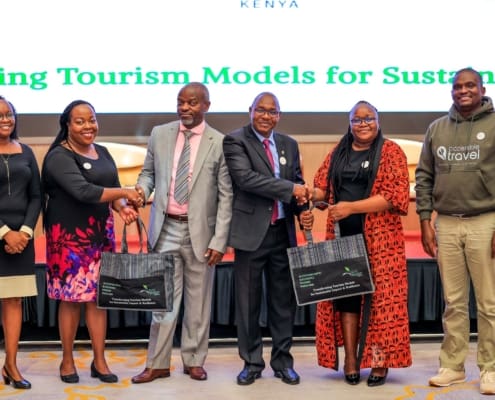
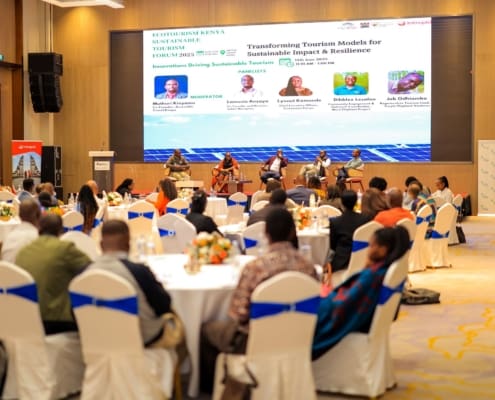






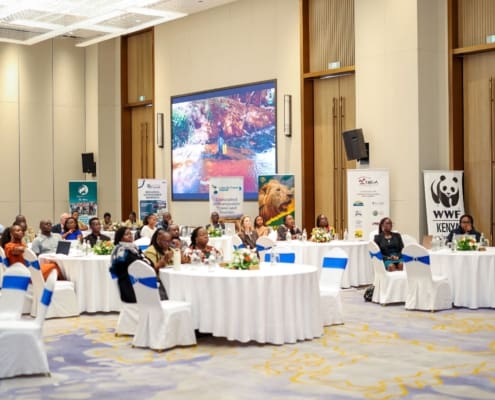


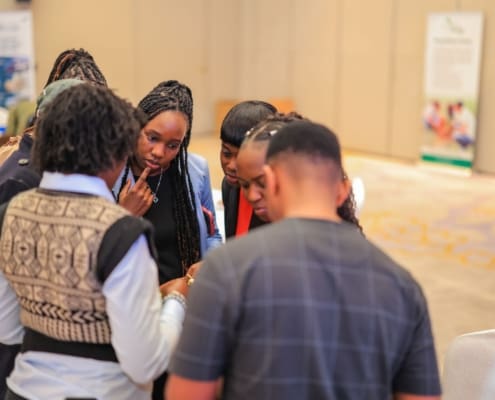
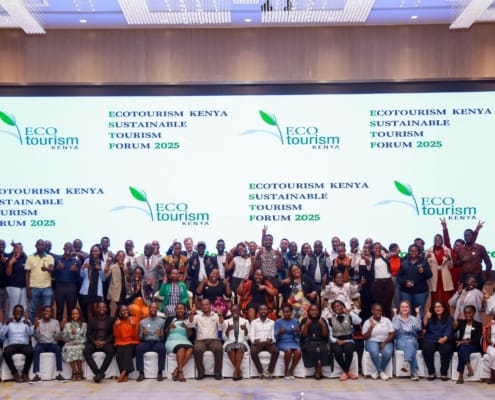

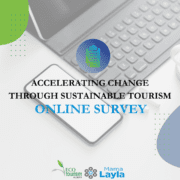

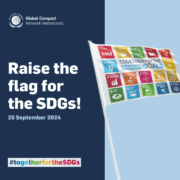

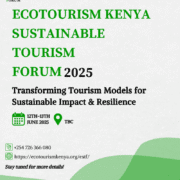
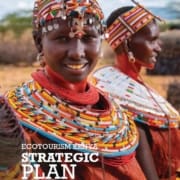




Leave a Reply
Want to join the discussion?Feel free to contribute!